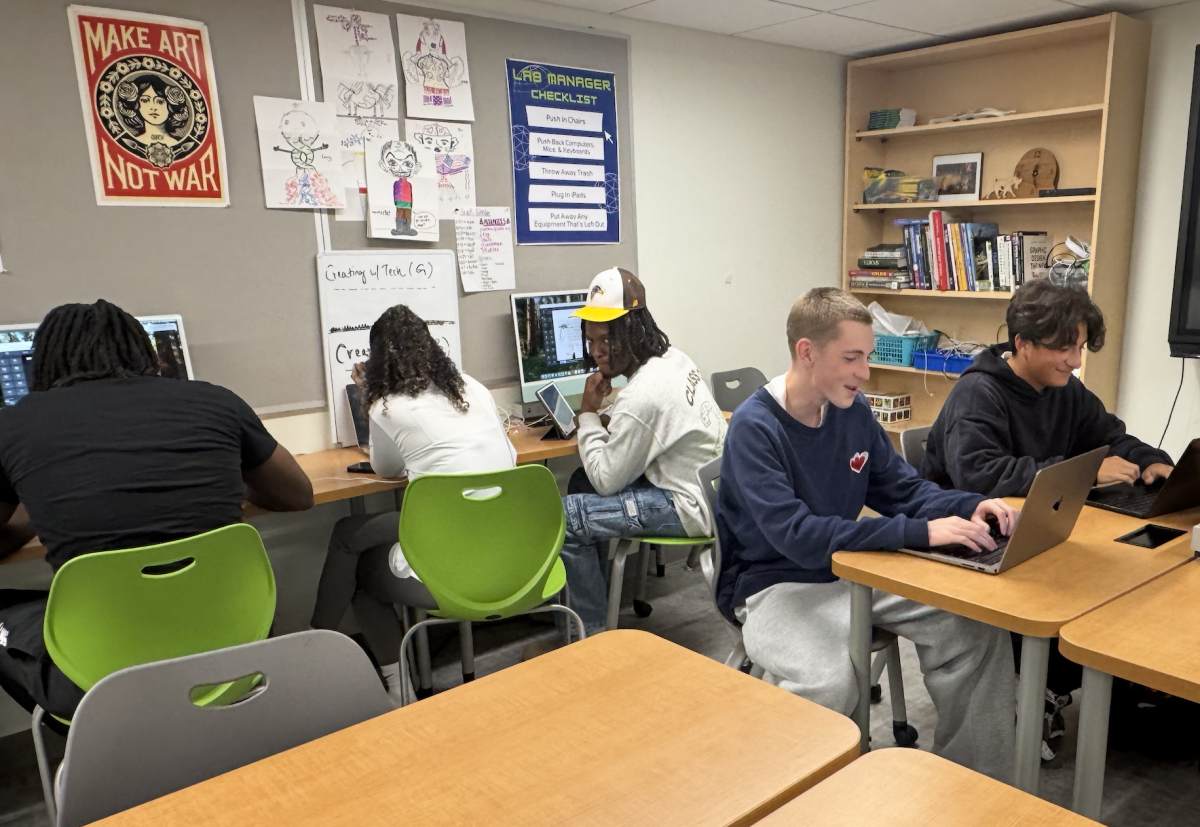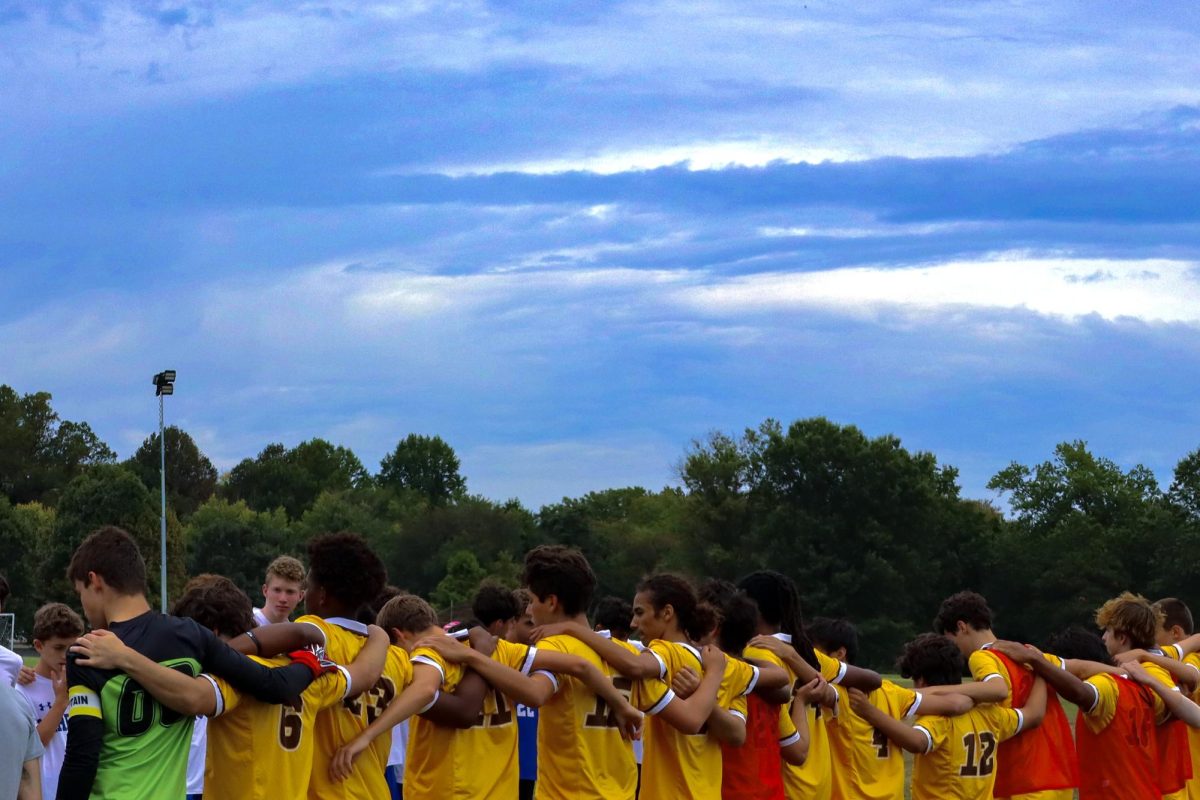
The FSS history department is seeking ways to educate students on how to work with Artificial Intelligence, like ChatGPT, rather than banning it completely.
Teachers may plan to implement ChatGPT into the curriculum with collaboration and supervision, but not without further research. “I prepared a little spiel for the 11th graders… that yes, ChatGPT and other AI is incredibly powerful, [and] we may use it in class,” explained Dave Marshall, the Eleventh Grade History Teacher . “But for now we’re asking ‘do not use it’… What I told the students is that I would much rather be a coach where we’re working together versus being a cop where I’m trying to catch you.”
AI gained traction in FSS classrooms on November 30th, 2022, according to Dave. Dave teaches his classes with a large focus on reading comprehension and debate, which can be affected by AI use.
“A place that I’m curious, and maybe a little worried, I will start seeing a use of AI is in note-taking,” said Spring Greeney, the Ninth Grade History Teacher, who teaches primarily through a lens of presentation and analysis. “As a department, we are really trying to figure out, ‘how do we ensure students are still learning writing and note-taking skills without totally banning the use of AI?’”
Peter Sun, the Tenth Grade History Teacher, who conducts a yearly debate on the ethicality of the bombing of Hiroshima and Nagasaki, explained, “History depends on using multiple perspectives… It’s hard to argue that the bombs are justified because of all the hidden history. That sort of deep investigative history doesn’t happen because AI just goes to what’s first.”
ChatGPT has the potential to evaluate a student’s writing, create study guides, and formulate educational papers, but could stunt academic integrity and growth. “The goal is [to] support students to become better writers, thinkers, historians, and it undermines a lot of that,” said Dave.

































